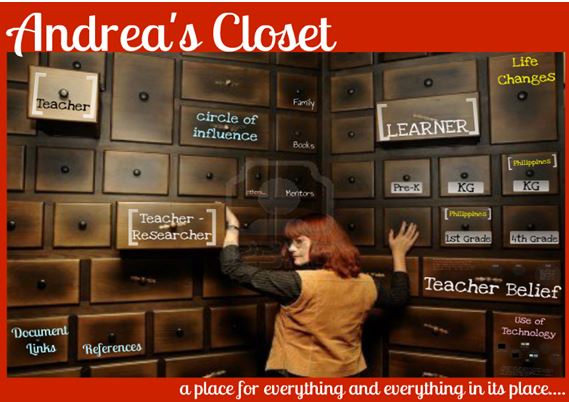George Mason University's ASTL Core Knowledge learning outcomes strongly aligns with the National Board for Professional Teachers' Five Core Propositions addressing the following:
Proposition 1: Teachers are committed to students and their learning.
Proposition 2: Teachers know the subjects they teach and how to teach those subjects to students.
Proposition 3: Teachers are responsible for managing and monitoring student learning.
Proposition 4: Teachers think systematically about their practice and learn from experiences.
Proposition 5: Teachers are members of learning communities.
Proposition 2: Teachers know the subjects they teach and how to teach those subjects to students.
Proposition 3: Teachers are responsible for managing and monitoring student learning.
Proposition 4: Teachers think systematically about their practice and learn from experiences.
Proposition 5: Teachers are members of learning communities.
Teaching Philosophy I have always believed that education is a tool for self-actualization and personal success in life. Education is the right of all children and people of any age. It should be made accessible to everyone because the success of our society depends on the different knowledge and skills that education can provide and instill within each of us. To make education more potent and effective, I must find a way to make the learning experiences meaningful to the children I serve. Knowing the children—their strengths, area/s of improvement, interests, needs, their culture and identity—can help me tailor my teaching and highlight the strengths and different funds of knowledge they bring into the classroom. Empowering children and making them believe they can be successful and that they can overcome any obstacles is the power of education. Finding the voice to advocate and advance one’s self, developing one's critical thinking to reason, evaluate, and make good decisions, fostering the love of making discoveries and asking questions—these teaching and learning dynamics shared by both teacher and learners are the great fruits of great education that I want to always be part of both as a teacher myself and a life-long learner.
As an educator, I see the need for teachers who can build trusting relationships with students that foster learning and respect for the role of education in their lives. The influx of immigrants in the area calls for a breed of teachers who understand and acknowledge the role of culture and language that needs to be accommodated in schools. I strongly believe that I can contribute in helping these children move along their learning continuum and be successful learners. My ability to critically reflect on my own teaching practices, use data to inform my instruction and planning, change things that didn't work and try out new things to bring in new learning experiences for the children are some of the strengths I bring from my experiences as teacher and a teacher-learner. |
http://andreasalem-multigenre.yolasite.com/
Multigenre Project• All students can be successful learners when they are given instruction that matches their learning level and learning modalities.
• Teaching is about empowering students to use the background knowledge they already possess to build and expand their understanding. It is about helping them find their voice so they can better advocated fro their own learning. • Learning is a process that engages both teacher and students to construct meaning through their interaction with one another and the learning materials and scenarios at hand. • Teaching is a life long career of learning again and again, constantly tweaking, trying, experimenting, and improving one’s practice along the way. • Teachers should continue to seek ways to better help students reach their learning potential by systematically collecting data that supports plans for improved and targeted instruction. • Using inquiry in one’s teaching practice shapes the plans and tailors the instruction we provide students while improving on the quality of conversations we engage our students in. • Students learn best when the teaching they receive takes into account the background they bring with them in the classroom—cultural, socio-economical, learning ability/level, interest, strengths, areas of improvement, attitude towards learning. • Students need a learning environment that foster respect and validation of their individual and inner voices viewing these as work-in-progress and vehicles to self discovery and meaningful learning. • Teachers who incorporates critical reflection as part of their practice is at a better position to help their students toward the path of improvement • Critical reflection allows teachers a platform to document their own professional discoveries and growth by providing them a safe outlet to critique their own teaching practice. |

